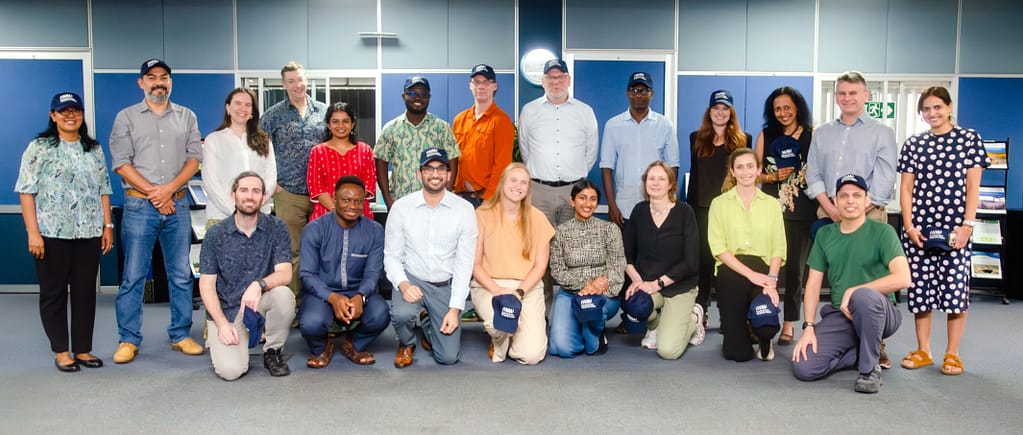
The Water Resilience Tracker (WRT) is a diagnostic tool designed to help governments strengthen water resilience in their National Adaptation Plans and Nationally Determined Contributions. As the first consolidated effort to integrate water resilience into national climate planning, the WRT provides tailored policy and technical support. It is currently being implemented in several countries, including Brazil, Egypt, Malawi, and Nepal, as part of the Just Transitions for Water Security (JTWS) program of the UK’s Foreign, Commonwealth and Development Office (FCDO).
WRT is unique in the way that it actively engages stakeholders throughout the process. It helps policymakers craft tailored, effective water policies for their countries while enhancing their capacity to represent the role of water in international platforms such as the UNFCCC Conference of Parties (COP).
The project partners, the Alliance for Global Water Adaptation (AGWA), Arup, Deltares and the International Water Management Institute (IWMI) expect WRT to bridge the science-to-policy interface.
The partners met in Colombo, Sri Lanka, February 10-13, 2025, to discuss the WRT’s progress and next steps in its expansion to more countries.
Sessions were crafted such that partners build on lessons learned from work done over the past year, to ensure that the program remains adaptable and responsive to emerging government needs and intensifying climate changes.
“These sessions were positive and really helped integrate our partnerships to combine our knowledge and show that we are more than just the sum of our parts,” said Darshini Ravindranath, WRT Project Lead and Research Group Leader – Climate Policies, Finance and Processes, IWMI. “We see so much opportunity not only to implement the next stage of this plan in our target countries but also to expand our services and expertise to an even wider audience.”
Convening the meeting at IWMI headquarters facilitated engagement across IWMI’s global research and policy networks. IWMI researchers joined the discussion to shed light on topics covering the integration of AI into the policy-making process and new Gender Equality and Social Inclusion (GESI) developments. This was to ensure that the work plans drawn up were inclusive. IWMI colleagues in Nepal and Malawi, meanwhile, joined remotely to share their experiences and updates on their country-specific implementation of WRT.
Big-picture lessons were shared by all partners, as well as Andrew Okem, Head Scientist of the Intergovernmental Panel on Climate Change (IPCC) Working Group II Technical Support Unit, and Andrew Roby, Senior Water Security Advisor, FCDO.
IWMI is committed to harnessing the power of partnerships to shape water policy on a global scale. By leveraging its strong research expertise and connections, IWMI is uniquely positioned to expand its cutting-edge scientific insights into policy initiatives that promote sustainable water governance and climate resilience. The WRT partnership is an example of IWMI’s approach of bringing together public and private sectors, community-based organizations and national research partners.

